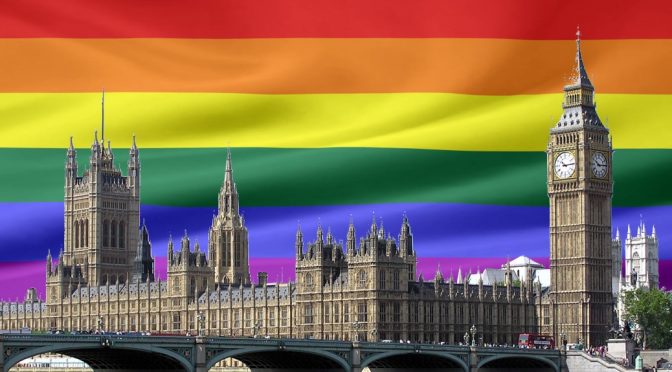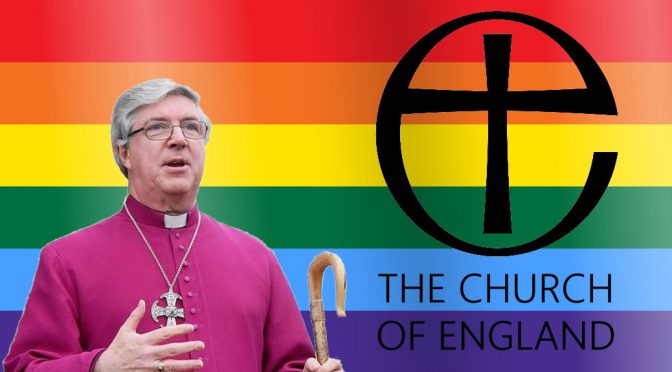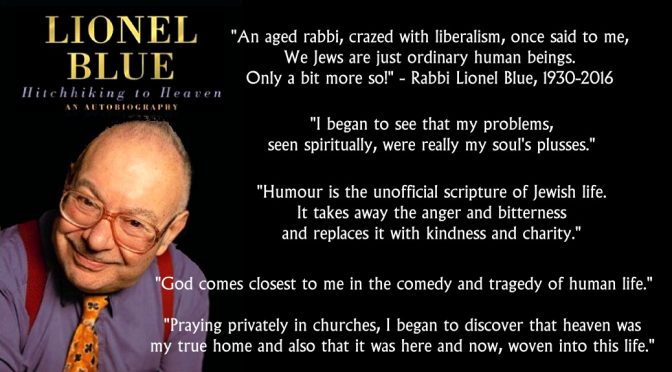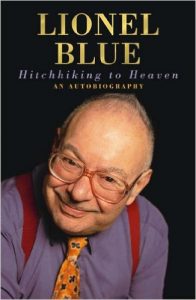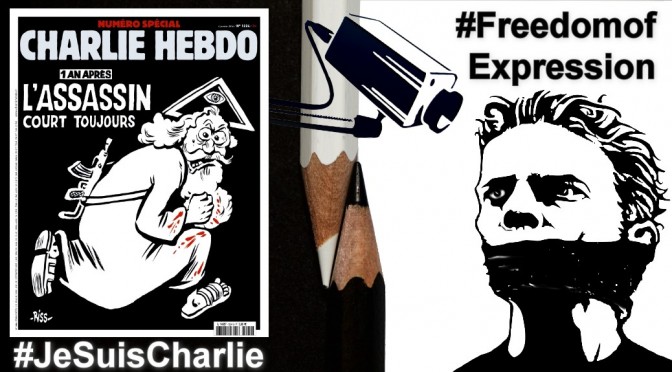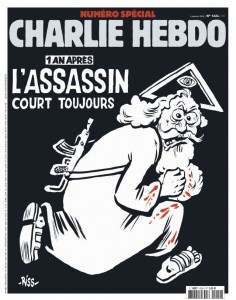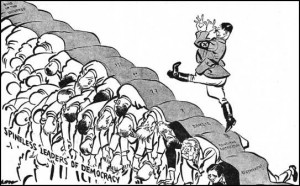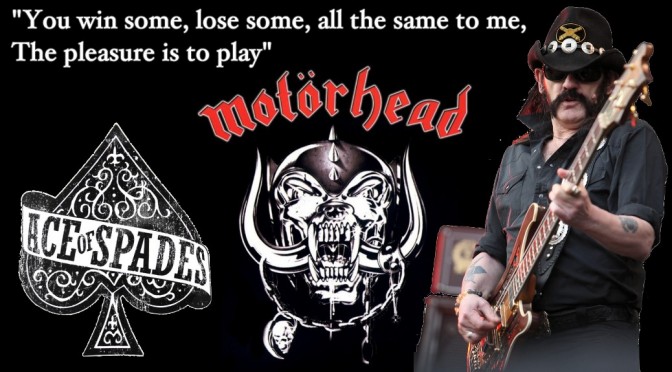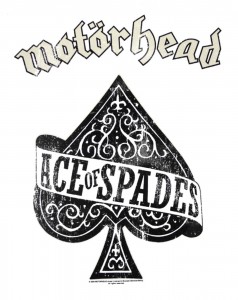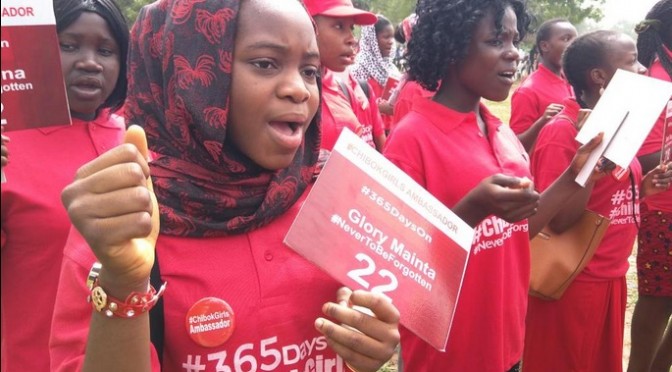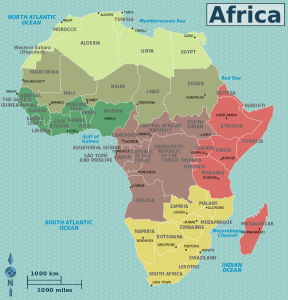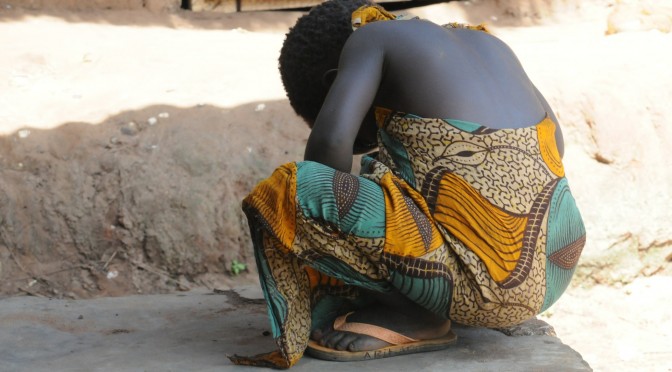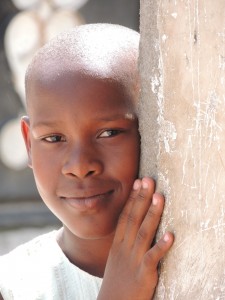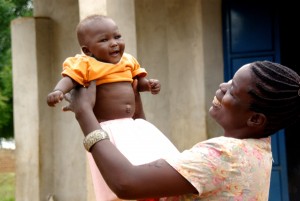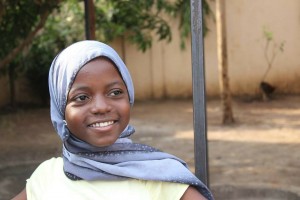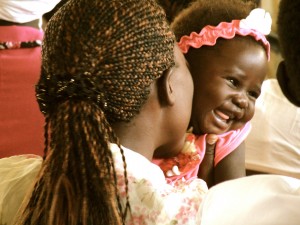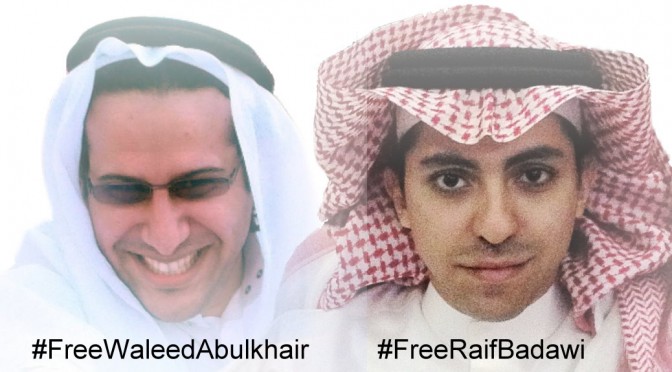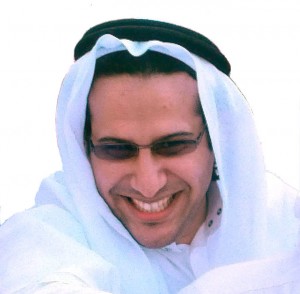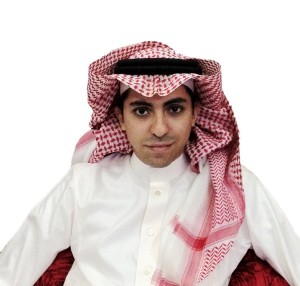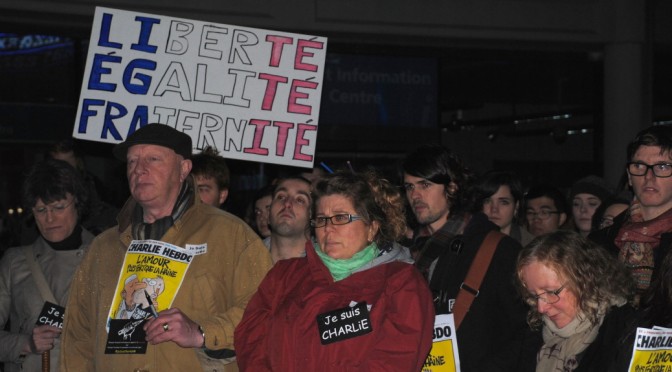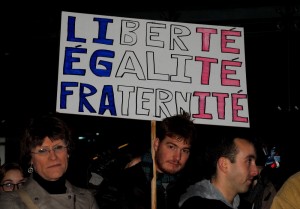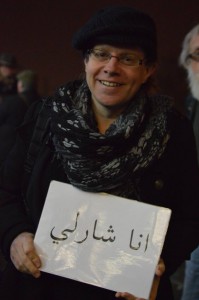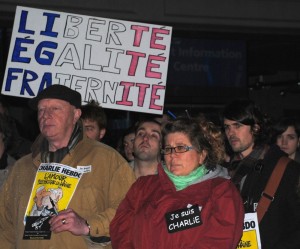Easter is a time of reflection, not just resurrection. Indeed, for me, my faith is probably beyond resurrection. Passover and Ramadan likewise offer reasons to reflect. Last week I was invited to a Pesach Seder hosted by a gay Rabbi and his husband from a country where his sexuality is deemed inappropriate to depict to children, his same-sex marriage not recognised. The blend of modern and traditional Passover Haggadah was full of contemporary reflections on indigenous land, victims of war and displacement, 1970s feminism, civil and LGBT rights fights. It was not what I was expecting.
A part of me was dreading a return to a religious celebration but it was graciously, compassionately, intelligently and often humorously led, and was restorative to me that I can leave religion – although really it rejected me despite once being a Christian educator and preacher – but need not leave spiritual reflection.
One aspect of the Passover telling was the memory (history that happened to me, to paraphrase Rabbi Sacks who notes that Hebrew has no word for history, only memory) of those that had to die in the Red Sea and plagues for Israel to have its freedom from Egypt – therefore do not celebrate victory without remembering victims on both sides. The Duke of Wellington knew this well after the Battle of Waterloo saying:
“The next worst thing to a battle lost is a battle won.”

In all our modern conflicts, there are few winners, mostly losers. We are all victims of our vitriolic need to win and wage war in perpetual Them and Us conflicts around land, liberty, identity, religion and ideas.
This Easter Sunday morning, “Prisoner of hope” John Sentamu was on BBC Radio 4’s Broadcasting House arguing for talk, justice, and forgiveness instead of religious and political conflict. With lessons from the Good Friday Agreement, Israel and Egypt brokered peace etc, that we can take this Easter/Passover/Ramadan for Israel/Palestine, Sex/Gender, Leave/Remain, Left/Right, Russia/Ukraine…
Peace, love and understanding over militant politics and destructive disagreements are good messages, whether tied to a faith or not.
I’m not saying compromise necessarily but I am saying constructive communication because otherwise we are destroying ourselves and each other.
Not all conflicts are equal but in far too many each side believes itself to be the oppressed, the victim, never the oppressor. Some are so complex and rooted in millennia-old divisions, land, ethnicity or identity, that they’re probably not going away and we have to find ways to live with, rather than die from them.

At home, I have a piece of art made from barbed wire and a WW2 microphone (created by Angersaurus, aka Martin Swan). It’s called “War, it begins and ends with words.” We need to talk.
I’m well known for talking, and yet somehow I manage to listen too but my biggest regrets are not talking when I should have and listening more when shouting wasn’t working!
When my dad died during lockdown from Cancer, my saddest sense of loss was the regret that we had not talked enough, conversed or queried – there are so many unread chapters of his life that I will now never know. My greatest grief was that there would be no more conversations. Sometimes, I imagine him walking my garden with me sharing his wisdom and me wanting to show him things – he was such a proud gardener. At other times, it was us discussing politics and economics, culture and theatre at the breakfast table. I remember his fear that he would lose that with me if I transitioned but that he was relieved when my transition was about losing some body parts not losing my personality, love of debate, or my brain (some might argue that perhaps, as a trans person, thinking I could change sex was “losing my brain”!)

In the political space of the semi-manufactured culture wars, e.g., around sex and gender, women’s spaces and trans rights, I’ve learned to step back and listen more, to discover there are more than two sides, and taking the heat out of the hate means discovering nuance, compromise, compassion, and finding solutions not riding roughshod over each other or yelling “fascist, Nazi, TERF, ugly, scum, TIM, groomer, p*edo, pervert” etc at each other. A good listen right now is Episode 4 of Witch Trials: Terf Wars, the podcast series interviewing JK Rowling – whatever your position it’s worth a listen. This particular episode has some very balanced commentary from Helen Lewis who wrote the excellent Difficult Women: A History of Feminism in 11 Fights.
I’m no longer a Christian but I still long for a day of turning swords into ploughshares, tanks into tractors, tweets into how are you doing cards, and wolves laying down with lambs.
We need to move towards moderation and mediation, away from polarised positions that only escalate and fuel their fractious fights. Like Sentamu, but not because of faith, I’m a prisoner of hope because I believe we are all capable of compassion, listening, understanding, and change, and therefore I have hope this Easter weekend. And if all that fails, there’s always chocolate and wine or Scandinavian Aquavit which was the closest I came to an actual Easter celebration on Good Friday! Get round the table and talk – eating and drinking are a bonus but also a way to get us to the table.

